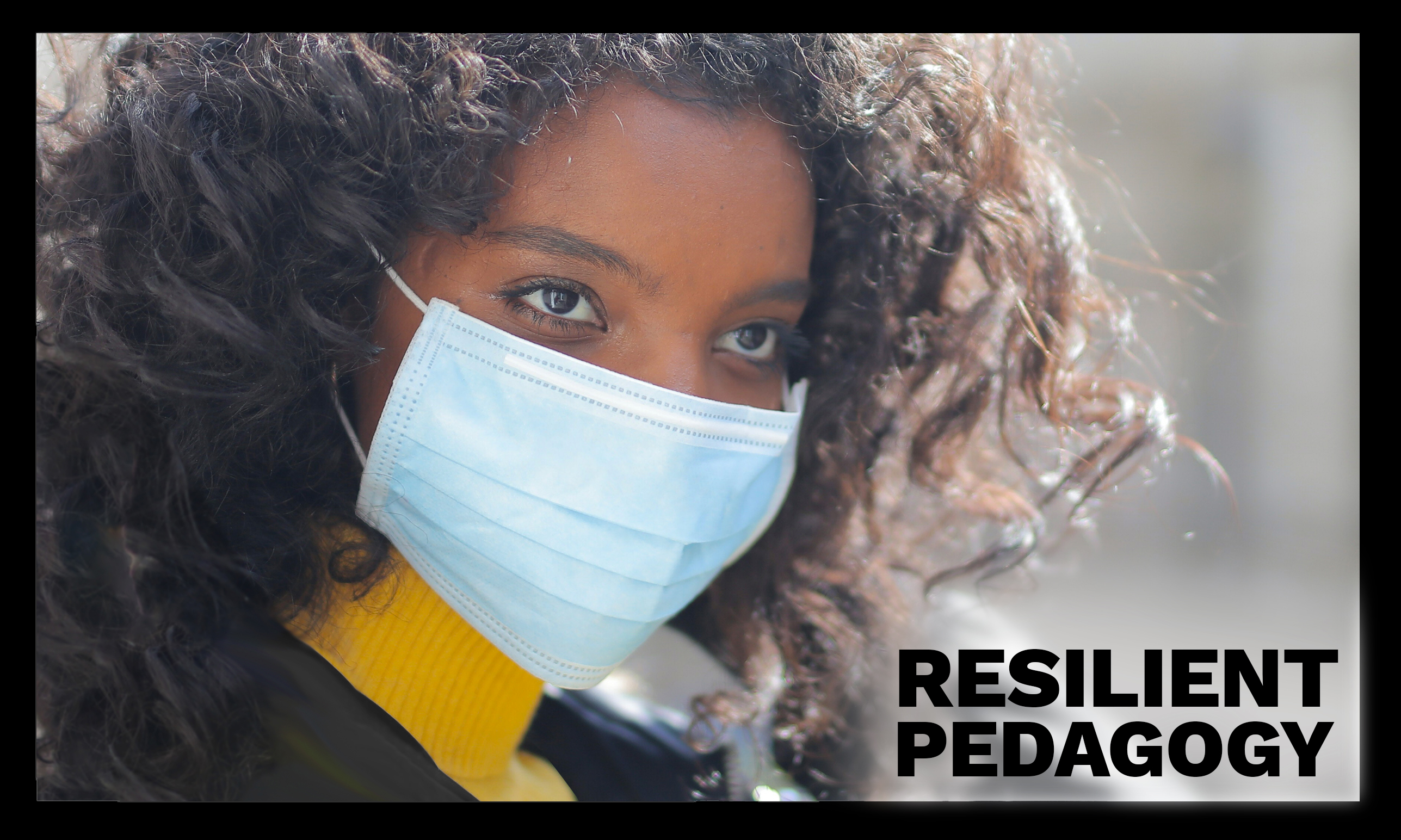
Resilient Pedagogy
Document Type
Chapter
Editor
Travis N. Thurston, Kacy Lundstrom, and Christopher González
Publisher
Utah State University
Publication Date
6-7-2021
First Page
93
Last Page
114
Creative Commons License

This work is licensed under a Creative Commons Attribution-Noncommercial-No Derivative Works 4.0 License.
Abstract
The COVID-19 pandemic has disrupted universities across the globe in unprecedented ways, requiring many teaching faculty to reexamine and transform approaches to pedagogy. As higher-education institutions have grappled with various methods of hybrid and remote delivery in an effort to best preserve student instruction through the pandemic, most have fervently looked ahead for a more satisfying “new normal.” Yet this moment of unease and transformation is one of critical opportunity for universities and their teaching faculty. Educators are seeing in vivid form how an unexpected “threat”—in this case, a global health challenge—can profoundly disrupt pedagogy, and the immense adaptive innovation necessary to preserve universities’ most important functions through a sustained period of difficulty. Equally important are lessons concerning the varying degrees of success experienced between institutions based on different levels of proactive planning and the quality of resilience-building strategies.
Recommended Citation
Bowen, B. (2021). Lessons from anticipatory intelligence: Resilient pedagogy in the face of future disruptions. In Thurston, T. N., Lundstrom, K., & González, C. (Eds.), Resilient pedagogy: Practical teaching strategies to overcome distance, disruption, and distraction (pp. 93-114). Utah State University. https://doi.org/10.26079/a516-fb24.
Included in
Higher Education Commons, Online and Distance Education Commons, Teacher Education and Professional Development Commons


Comments
View in html or various e-book formats.
Version 2 uploaded on 11/10/22.